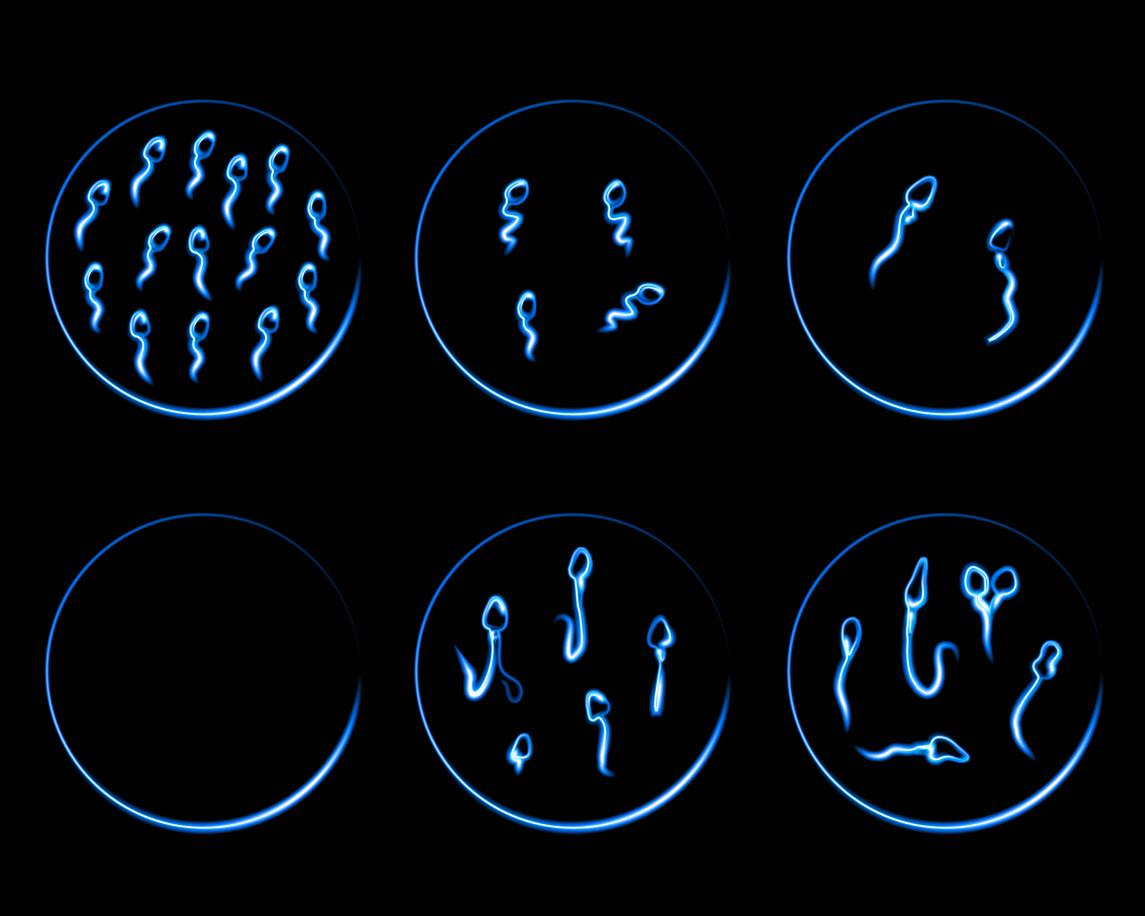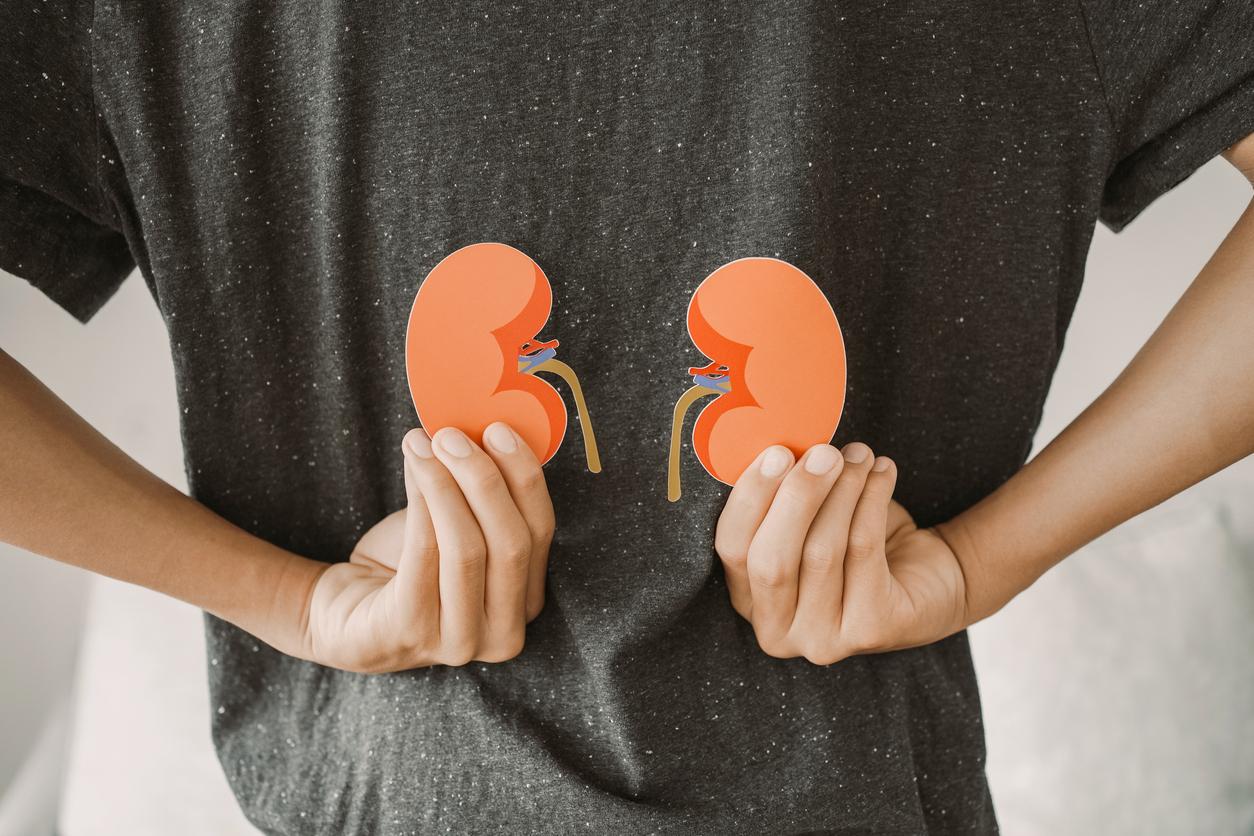From birth, some people are more likely to suffer from chronic kidney disease in adulthood, according to a new study.

- In 2019, there were 11,437 new cases of kidney failure in France.
- A kidney weighs about 160 grams and is 12 centimeters long.
In France, 91,875 people had end-stage chronic kidney disease in 2020, according to health insurance. This pathology – also called chronic kidney disease – can be defined as a decrease in the functioning of the kidneys which no longer properly filter the body’s blood. According to Health Insurance, the two main causes of this pathology are diabetes and hypertension.
But, according to a study published in the journal Kidney Internationalthe risk of developing kidney disease is partly determined at birth. To reach their conclusions, they analyzed fifty kidneys from adult donors.
How does a kidney work?
In humans, both kidneys are located behind the abdomen. One is to the left of the spine and the other to the right. Per day, the renal arteries bring about 1,700 liters of blood to the kidneys to be filtered. This function is essential because it eliminates and evacuates waste in the urine to keep only the substances useful for the proper functioning of the body. But it also helps to maintain blood pressure at the right level or that the composition of the blood remains constant (amount of water, salt, potassium…).
The kidneys are made up of glomeruli – the blood filters – which have individual cells, called podocytes. During their work, the researchers discovered that the kidneys that had the most glomeruli also contained more podocytes per filter. This means that patients who had more glomeruli also had more podocytes overall and therefore these cells were more concentrated in each filter.
Some are born with a double risk of suffering from chronic kidney disease
“Lstudy showed for the first time that human kidneys with more glomeruli contained more podocytes per filterexplains John Bertram, one of the authors of the study, in a communicated. Our results suggest that some people are born with a kind of double protection against kidney disease, while others are born with double risk.e“. Indeed, at birth, some have only 200,000 glomeruli, while others have more than 2 million.
But who are most at risk? According to the researchers, premature babies and those with low birth weight generally have fewer glomeruli and therefore an increased risk of chronic kidney disease and high blood pressure. According to the authors, it is impossible to increase the number of glomeruli after birth because it is fixed when the baby is still in the womb, around the 36th week of gestation.
Kidney disease: diet and alcohol consumption play a role
Nevertheless, diet and nutrition can play a role: “studies in humans and animal models have demonstrated that poor maternal nutrition, alcohol exposure, vitamin deficiency, gestational diabetes, etc. can result in offspring with a low glomeruli count“, indicates John Bertram. Thus, by not allowing themselves any drop of alcohol and having a balanced diet, mothers can preserve the health of their future baby… Advice that researchers also recommend to apply later.
“Many people suffer or will suffer from chronic kidney disease and/or high blood pressureconcludes John Bertram. They cannot change their glomeruli or podocyte count, but they can take care of their health and improve their lifestyle to try to avoid, or at least delay, the development of type 2 diabetes and high blood pressure, the two main causes of chronic kidney disease”.


















